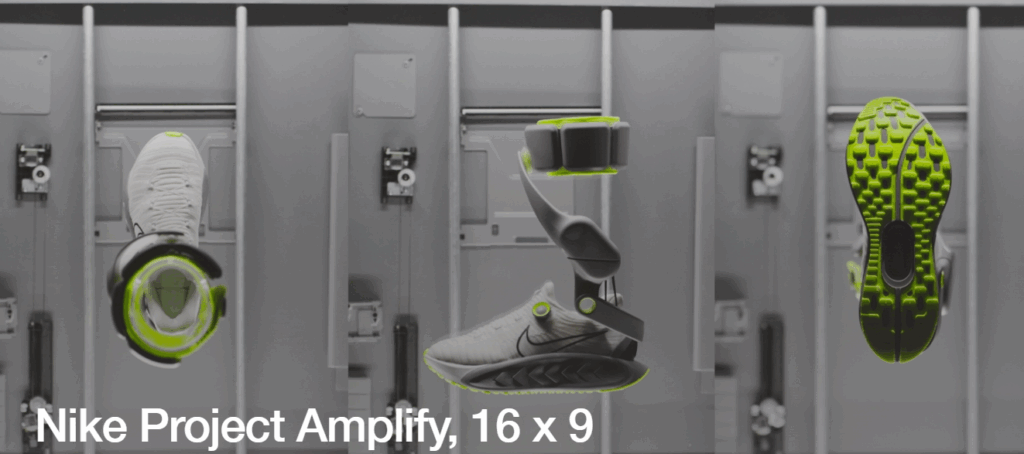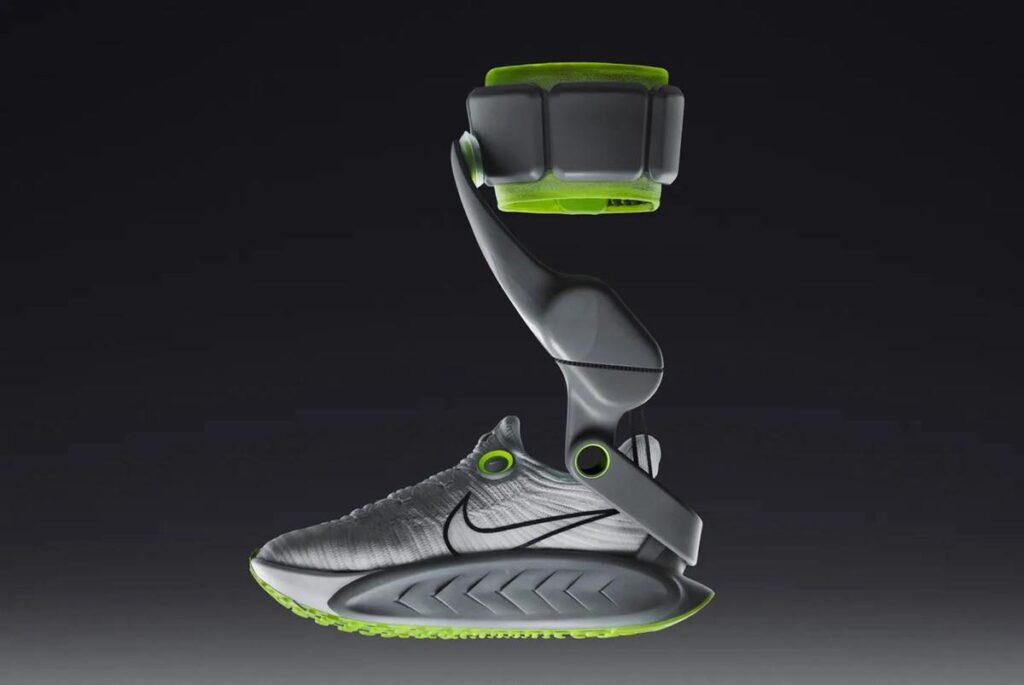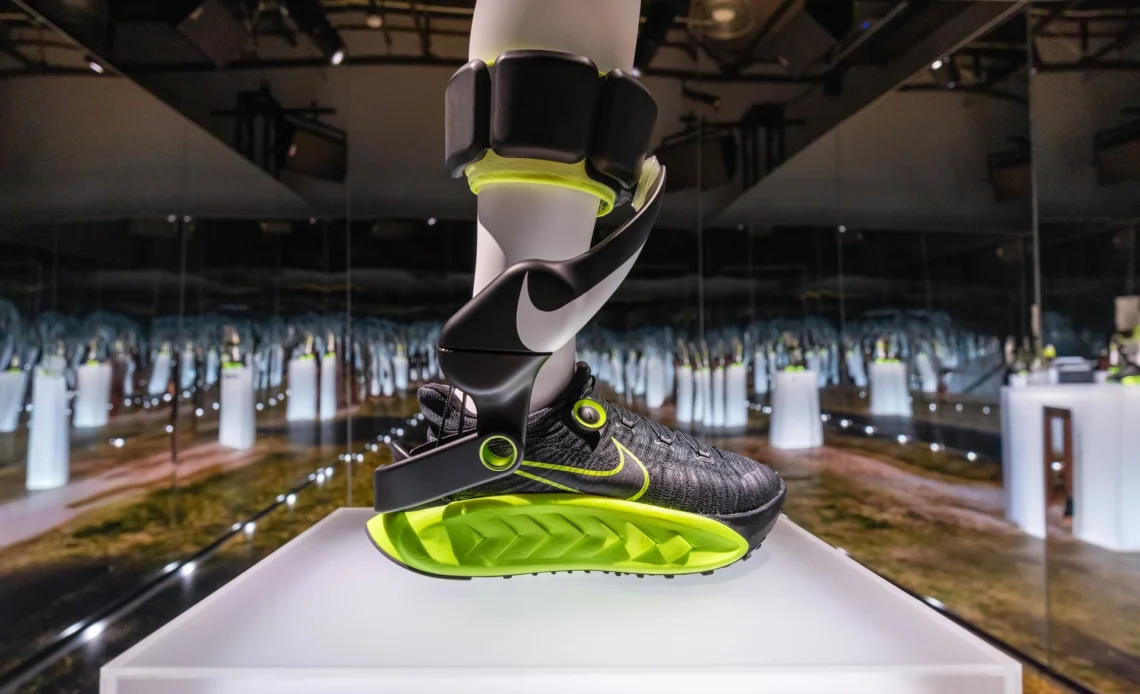👟 Once upon a time, Nike taught us to “Just Do It.” Now, it seems the company decided: “Why do it yourself, if little motors can do it for you?”
Yes, Nike has released shoes with an electric drive. Real electric sneakers — with a belt mechanism, built-in battery, and speed up to 10 km/h. They assist while walking and running, reduce the load on the calf muscles, and automatically adapt to your movement.
A video of the new model can be seen on our Telegram channel.
In essence, it’s not footwear — it’s a personal assistant for your legs.
More than 400 athletes tested the shoes, and the results were quite convincing: people truly felt less fatigue, and their movement efficiency increased.

From gadgets on the wrist — to gadgets on the sole.
Technology has literally come down to earth.
First came smartwatches, then electric scooters, e-bikes, and even electric spoons for those who don’t want to stir manually. Now — electric sneakers.
Next step? Probably “smart couches” with auto-heating and built-in coffee delivery.
Nike explains the innovation simply: their goal is to “increase comfort, reduce fatigue, and allow everyone to move longer with less effort.”
Technically — logical.
Marketing-wise — brilliant.
From a human perspective — slightly alarming.
Where is the line between comfort and laziness?
User feedback split into two camps.
The first — enthusiastic. People with chronic fatigue, athletes recovering from injuries, or just tech fans call it a revolution. The shoes really help legs rest and maintain an optimal rhythm.
The second camp — skeptics, with solid arguments: “Why? First, AI technologies atrophy our brains, now they’re atrophying our bodies.”
Indeed, calf muscles are often called the “second heart” — they pump blood, support circulation, and maintain overall health.
If even that is now handled by a motor, where’s the limit?

The Technological Paradox: Everything Is Done for Us
We live in an era where technology solves even the problems we never had.
Smart fridges order groceries, robot vacuums clean floors, watches monitor heart rate — and now shoes think about how we should walk.
The paradox is that humans are becoming less and less involved in their own existence.
What once shaped our bodies and character — effort, movement, the habit of overcoming — is now replaced by a micromotor and Bluetooth.
Fashion Evolution or the Road to Degradation?
Nike isn’t the first to experiment with “smart shoes.”
Adidas, Under Armour, and China’s Xiaomi have already released models with sensors, step counters, and even automatic lacing.
But an electric drive is a new level — essentially, a mini-vehicle for your feet.
It looks futuristic, but raises a philosophical question:
“If we stop walking, thinking, and feeling by ourselves — will anything human remain in us?”

And Yet — Why?
Supporters of the innovation call it a step toward inclusivity: electric sneakers could help people with limited mobility, the elderly, and those in rehabilitation.
Skeptics say it’s just another step toward turning humans into stationary users — with delivery to the couch.
⚡ As always, the truth lies somewhere in between.
Technology itself isn’t evil. It simply reflects what we want: less fatigue, more comfort, and preferably — zero effort.
The real challenge is to make sure that, surrounded by smart devices, we don’t stop being smart and alive ourselves.
All content provided on this website (https://wildinwest.com/) -including attachments, links, or referenced materials — is for informative and entertainment purposes only and should not be considered as financial advice. Third-party materials remain the property of their respective owners.


